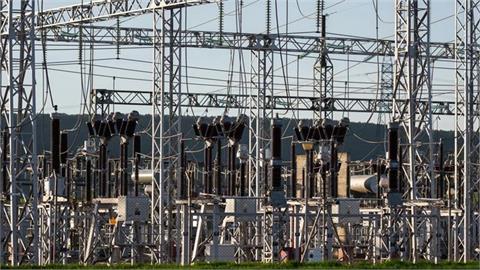The Bulgarian society remains conflicted about the introduction of the euro. 51% of Bulgarians approve it as the currency of their country. This shows the Eurobarometer survey conducted by TNS, Investor.bg reported. The poll was conducted between 11 and 12 April 2018 in the seven EU Member States that have not yet joined the euro area.
The level of support to the single currency is highest in Romania, where 70% of the population approves the euro. In Hungary this share is 59 per cent. The share of those who approve the currency is the lowest in the Czech Republic, with only a third (33%) advocating the adoption of the euro, and the highest (34%) against its introduction. In the remaining countries, the opposition exceeds support: Sweden (56% vs. 40%), Croatia (50% vs. 47%) and Poland (50% to 48%).
The socio-demographic analysis shows that the majority of men (57%) support the introduction of the euro in their country, but less women (45%) share this view. Concerning overall approval or opposition, there is no difference between those with different levels of education, but those with higher levels of education are more positive towards the single currency than those with lower levels of education, added Investor.bg .
Respondents who feel well informed about the euro are more likely to support its introduction (56% compared to 46% of those who do not feel informed). Those who expect the personal and national consequences to be positive (88% and 89%) are also "for" the introduction of the euro compared to those with negative expectations (13% and 17%).
Just half of the Bulgarians surveyed expect the euro to become the official currency for the country in the coming 5 years. This stat is only higher in Croatia (51%), while in Sweden almost half (48%) believe that this will never happen in their country.
Most respondents in all countries believe that the introduction of the euro will raise prices, ranging from 74% in Croatia to 51% in Hungary.
(www.novinite.com, 13/06/2018)



